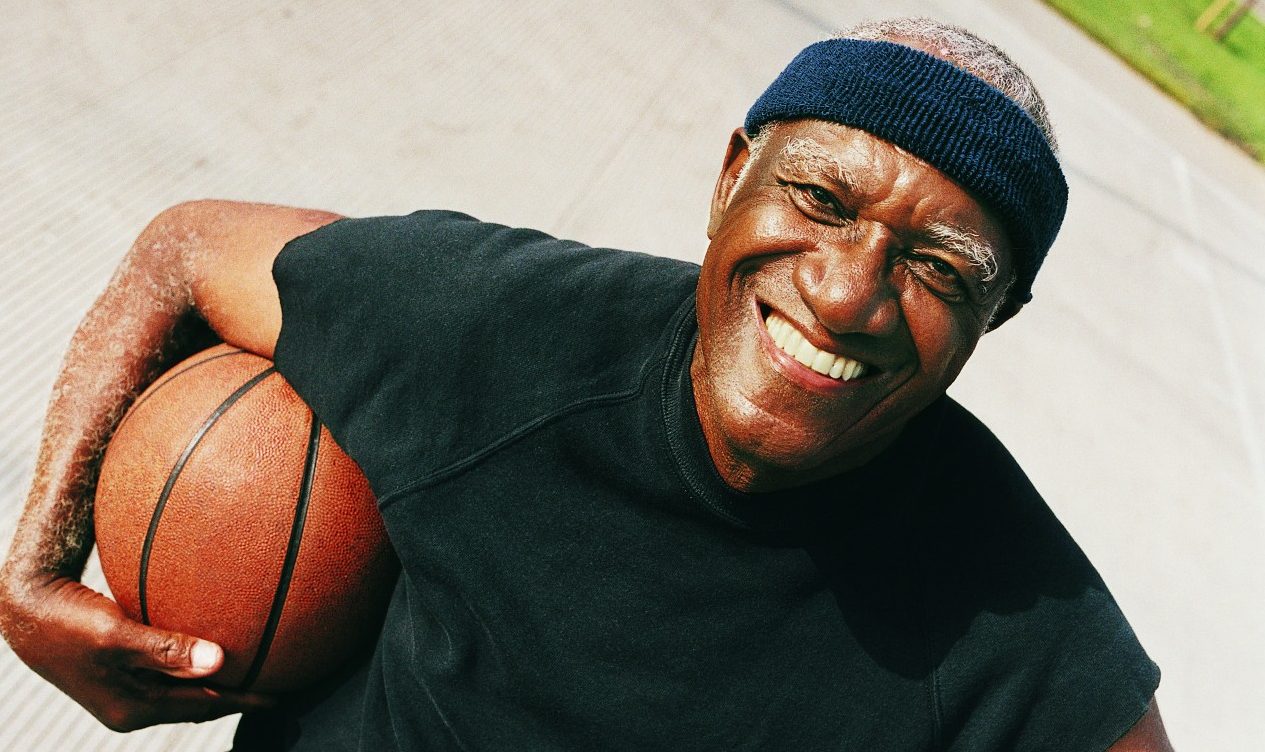You’re Only as Old as You Think

Forget the myth of the grumpy old man. People get happier with age.
“Age is an issue of mind over matter. If you don’t mind, it doesn’t matter” – Mark Twain
The kids are long gone. The grandchildren visit … and, thankfully, leave. You’ve retired. You’ve downsized. You travel now. You do things you used to do when you were young: dance, take things way less seriously, and look forward to the next interesting thing that’s coming. Maybe you’ve gotten that tattoo you always wanted and are riding around on a Harley. Or maybe you’re happy drinking your coffee and watering your plants.
People tend to get happier with age, though we often think the opposite. In a 2008 telephone survey of nearly 341,000 adults in the U.S., people reported less anger and worry after the age of 50, regardless of whether they were employed, or had romantic partners or children at home. Another study followed a large sample of French men and women ages 62 to 95 over eight years, who reported increasing life satisfaction over time.
Older people focus more on the positive and are better at predicting how they will respond to certain circumstances, which allows them to make happy choices, studies suggest. They are also better able to appreciate daily life — rather than one-time events, which are more prized by the young, according to a series of studies at Brown University. Interestingly, it didn’t matter whether the experiences were shared. Instead, the authors concluded, people feel happy when they engage in activities that they consider self-defining. If in youth, we look for excitement to test ourselves, eventually those questions are answered, and we define ourselves by daily activities.
As Laura Carstensen, director of the Stanford Center on Longevity, writes in “A Long Bright Future,” over time “our attention shifts towards savoring the time that is left,” and we focus on “a smaller set of goals and a highly selected group of loved ones.”
Staying engaged in rewarding hobbies or work may be key. A study of singers, actors, and other performers ages 62 to 97 in Los Angeles and New York suggests that this group could be the model for phased-in retirement. As a group, they were unusually satisfied with their lives and healthy, and independent but not isolated: while they tended to live alone, they typically worked 10 to 30 hours a week and communicated daily or weekly with other performers. As one 93-year-old actor put it: “I’m like an old whore. I can do the work; I just can’t do the stairs.”
Maintaining a marriage is a good strategy, too. Research shows that marriage increases happiness at all ages, and you double the effect if your spouse is also your best friend. Marriages may get better over time, if they last, says Carstensen, with older couples reporting fewer quarrels.
Her advice for making the most of the second half of life? “Challenge yourself to learn new things. Learn a language. Take up the violin. Crossword puzzles and computer games aren't going to do the trick. You're retrieving information you've got in memory. Learning, though, seems to change the brain – it seems to improve resiliency,” she says. Also, get 30 minutes of exercise a day and maintain your relationships. But if you’re in your happier older years, you’ve probably already figured this out.
Part of your new-found wisdom may be rejecting the stereotypes of grumpy forgetful oldsters. A majority of Americans age 50 and up say they feel younger than their age, which suggests that they’re feeling pretty good.
Updated:
February 24, 2020
Reviewed By:
Janet O’Dell, RN